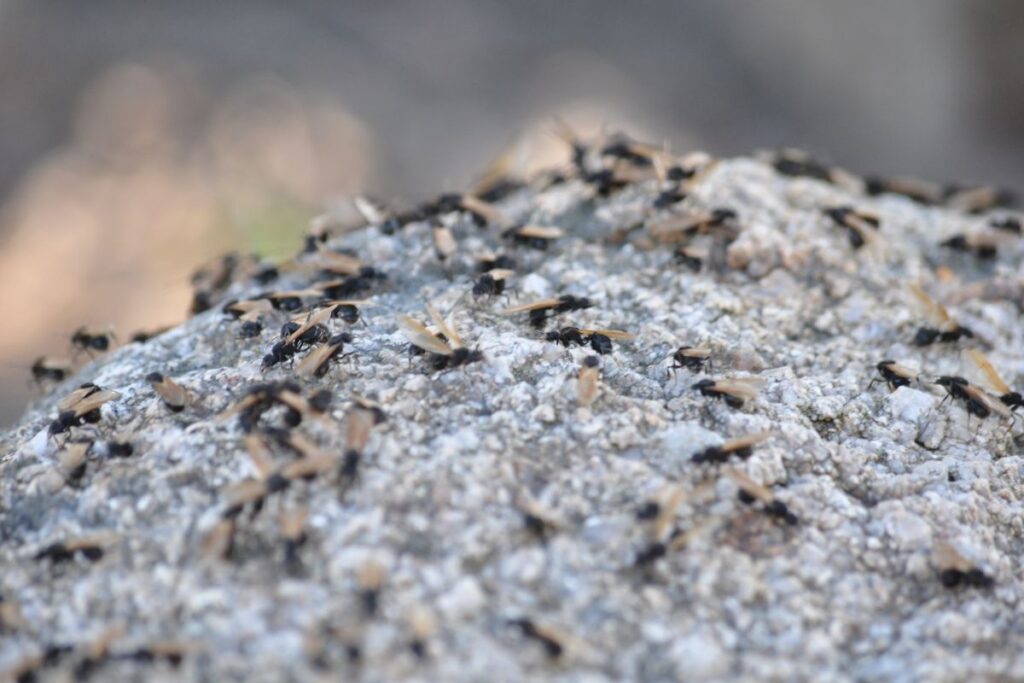With the onset of warmer weather, an unwelcome visitor often makes its appearance: flying ants. These pests, which thrive during warm and humid conditions, seek out food sources and shelters to support their colonies. Efficiently managing these insects without resorting to harsh chemicals is possible by leveraging natural remedies and preventive measures.
Understanding Flying Ants
Flying ants, or winged ants, emerge primarily in spring and summer. These critters are drawn to environments where they can find water, warmth, and food, often invading homes. They typically nest in moist, decay-prone wooden structures, multiplying quickly if not addressed promptly.
Natural Remedies for Immediate Relief
Rather than turning immediately to chemical solutions, consider several effective natural alternatives to combat flying ants:
- Soapy Water Spray: An easy-to-make spray that dehydrates and kills flying ants on contact. Mix a mild detergent with water to create this solution.
- Essential Oils: Scents like peppermint repel flying ants. Dabbing a few drops around entry points can deter them from entering.
- Diatomaceous Earth: This non-toxic powder causes dehydration in insects. Sprinkle it along known ant paths.
- Vinegar Solution: A mix of white vinegar and water acts both as a cleaner and a repellent. Spraying this mixture can prevent ants from settling in.
- Vacuuming: Regularly vacuum areas where flying ants cluster to quickly reduce their numbers.
Preventative Measures to Keep Ants Away
Sustainable prevention involves removing attractions that might bring flying ants inside your home. Implementing the following strategies will help maintain an ant-free environment:
- Maintain Cleanliness: Swiftly cleaning up crumbs and spills eliminates potential food sources for ants.
- Airtight Food Storage: Store pantry items securely in containers with tight-fitting lids to discourage ants.
- Pet Bowl Hygiene: Wash pet bowls immediately after use to avoid attracting ants.
When Should You Seek Professional Help?
If natural remedies and preventive actions don’t curb the flying ant issue, it may be time to consult a pest control professional. Persistent ant problems could indicate larger colony formations potentially damaging to your home’s structure.
By utilizing natural methods and proactive habits, you can protect your living spaces from flying ants effectively and safely. Choose eco-friendly approaches to pest control to ensure a healthy environment for both your family and the planet.
The best defense against flying ants isn’t strong chemicals, but consistent preventative measures combined with safe, natural treatments.

